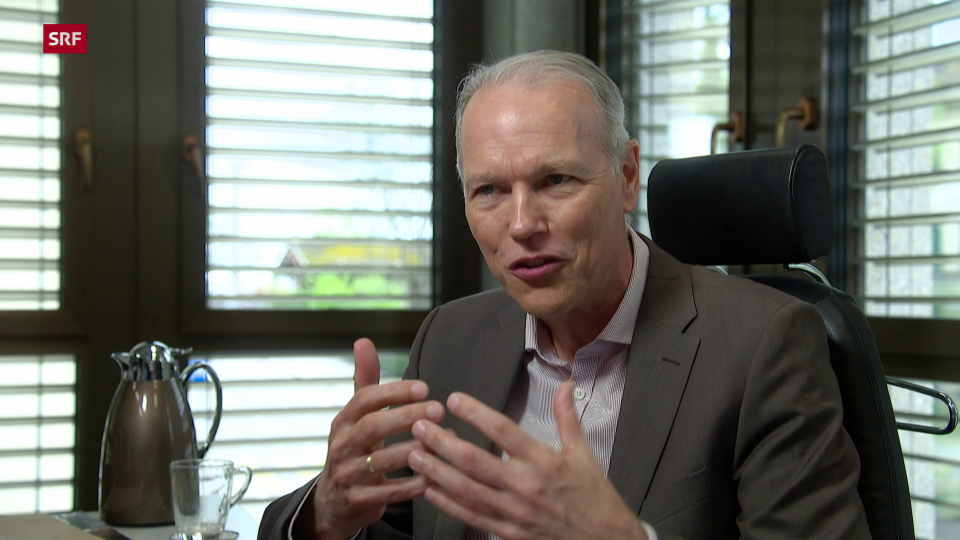‘We can afford to work less’

Switzerland is facing a worker shortage. Would it help if we worked longer and more? An economist offers a perspective.
Jan-Egbert Sturm is an economist and director of the Swiss Economic Institute (KOF) at Switzerland’s federal technology institute ETH Zurich.
Do people in Switzerland work less now than they used to?
Jan-Egbert Sturm: There’s a reason why people have been working less and less in recent decades. We can afford it. Free time also has a value, and you have to be careful not to just focus on one side.
It’s true that on average people work less nowadays than they used to. But, as I said, this isn’t necessarily a bad thing. It can also be a sign that we are doing well.
Do people really want to work less?
There are definitely situations in which people want to work longer, for example, people who are over 65 years old. Not everyone at this age wants to stop working and just sit around at home. Many would like to continue working for a few more years, even if not full time. Today’s regulations make that difficult to almost impossible. We need to be more flexible.
However, the calls to work more contradict today’s Zeitgeist.
Work has to be worthwhile. Each person has to decide for themselves if it’s worth it to work more or at all. If the incentives to work are improved, there will also be more willingness to work.
How should the incentives be improved?
The easiest way is through wages. Otherwise, improvement works through regulations. When do you retire? How flexible can I make my working day? Nowadays the desire for flexibility is much greater than in the past.
Meanwhile there are new models – for example, the arc model – so that people over 65 can continue working. What do you think of this?
You see this model more and more in the private sector, and it’s further along than in the public sector. There are certain rules there that may not be fully up to date.
The employers’ association is of the opinion that daycares should only be financed when the parents are working but not in their free time.
This demand is extremely difficult to implement. As a society, we have to realise that we are creating opportunities for fathers and mothers to work. We have to make the working world more flexible. That is why it is difficult to define working hours.

In compliance with the JTI standards
More: SWI swissinfo.ch certified by the Journalism Trust Initiative







You can find an overview of ongoing debates with our journalists here . Please join us!
If you want to start a conversation about a topic raised in this article or want to report factual errors, email us at english@swissinfo.ch.